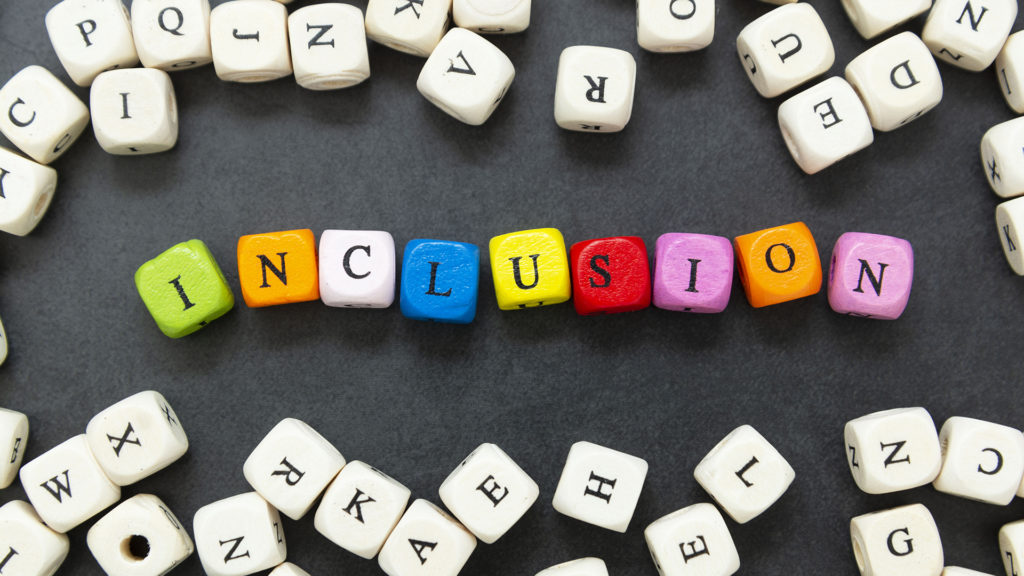
The impact of lockdown on our daily life has been dramatic. We had to suddenly abandon our routines. Even those privileged with good health and steady employment have experienced severe disruptions. We had to undertake extraordinary tasks while socially-isolating, such as transitioning to online work and/or home-schooling. We have had to revise plans, goals, expectations.
We have had to come to terms with omnipresent fluidity and uncertainty. We do not know if we are approaching the peak of the infamous curve we collectively aim to flatten or how the pandemic will unfold onwards. There is also a lot of uncertainty about the psychological, social, economic and political ramifications of this crisis.
As a result, most of us now show signs of fatigue.
In the beginning, people might have recognised opportunities in this crisis – to slow down, reflect, spend more time with family, bond with their children, organise their households. As the crisis unfolds, however, we are accruing experiences of loneliness, boredom, tension in family relationships, failure in our home-schooling endeavours.
But these effects are small in comparison to the potential long-term impact on those with disability.
How will the prolonged social isolation, and continuous exposure to uncertainty or health-risk messages affect mental health in vulnerable groups, such as children and adults with neurodevelopmental conditions? How will the compromised diagnostic, support and school services affect their wellbeing and learning outcomes? How could these effects be mitigated? There is an urgent need for widely available, effective interventions, tailored to the developmental and cognitive profiles and individual needs of vulnerable groups.
How will the employment prospects of individuals with neurodevelopmental conditions be affected in an anticipated era of recession? How could neuro-diverse individuals, who often struggle securing a job, be supported? Could the recent experience of extensive use of remote and flexible working patterns be applied to maintain and broaden so-called neurodiversity employment programmes?
In these unusual times of unprecedented social isolation, we can learn a lot from marginalised groups, “the real experts of the lock-down”. For example, adaptations and strategies used by autistic people to deal with uncertain situations and address their sensory or social needs are useful to everyone struggling with their lockdown routines. Neuro-diverse people are also a fantastic community.
In the UK, the autism community has advocated for and achieved the relaxation of lockdown rules for autistic people and other vulnerable groups. We all need to contribute to the collective flattening of the curve based on our strengths.
Adversities due the COVID-19 pandemic help us develop a better understanding of the life experiences and challenges of vulnerable groups. We should take the opportunity to transition to a more accepting, inclusive and sustainable world post-COVID-19.
Dr Themis Karaminis is Senior Lecturer and Programme Leader BSc (Hons) Psychology at Edge Hill University.
